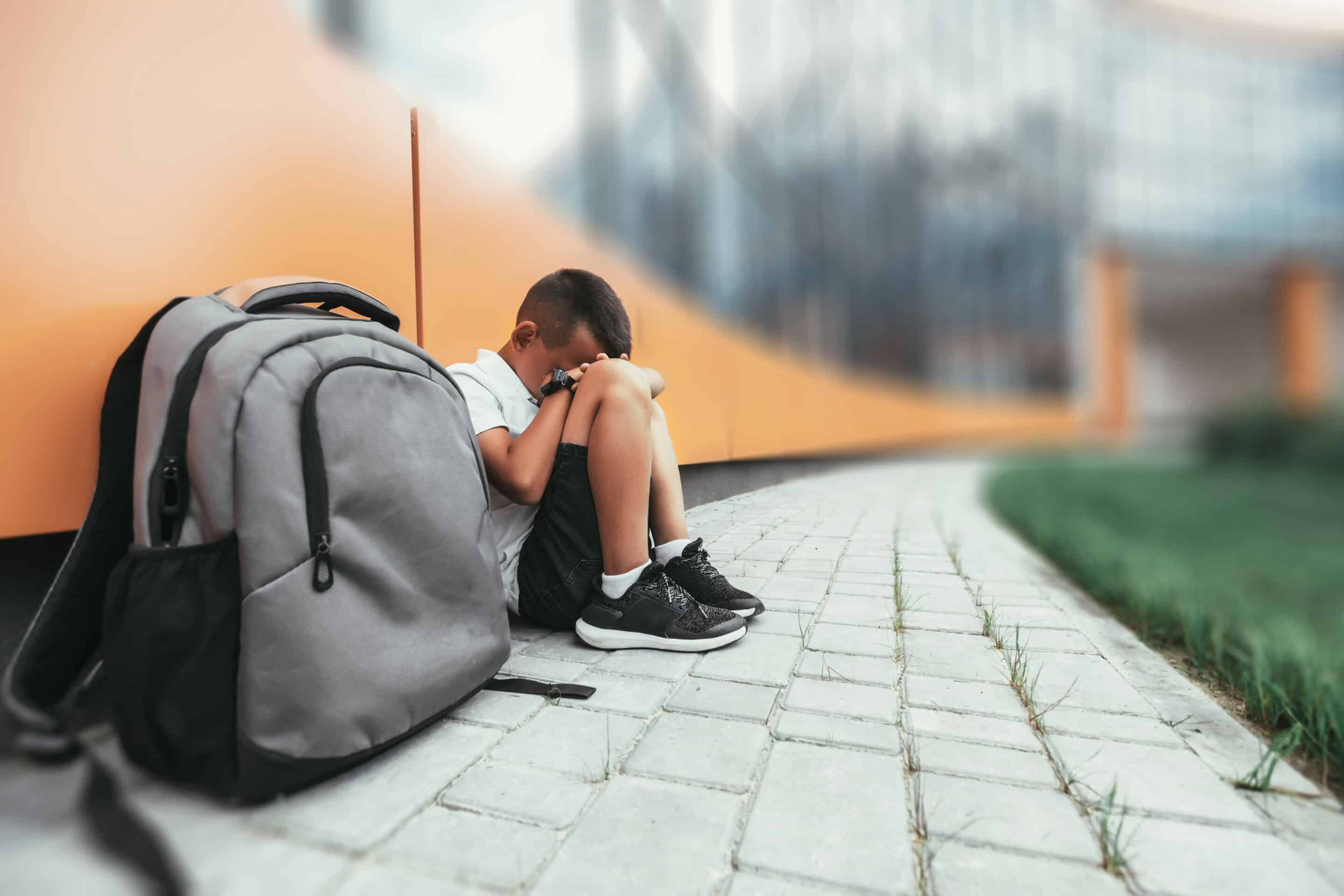Substance abuse affects millions of people around the world and can have severe consequences—especially when it comes to children.
Children are the most vulnerable members of society, and substance abuse can have a profound impact on their physical, emotional, and psychological well-being. Here are some of the prominent ways substance abuse can affect children:
Increased Risk of Physical and Mental Health Issues
The first and most obvious effect of substance abuse on children is the physical harm it causes. Children exposed to drugs and alcohol can suffer from serious health problems, including birth defects, developmental delays, and learning disabilities.
Substance abuse can also lead to malnutrition, an increased risk of infection, and a weakened immune system. In extreme cases, children may suffer permanent damage to their organs, such as the liver and brain, or even death.
In addition to physical harm, substance abuse affects children emotionally and psychologically. Children exposed to substance abuse often experience trauma, anxiety, and depression. They may struggle with feelings of shame, guilt, and abandonment and may have difficulty forming and maintaining healthy relationships.
Furthermore, children who grow up in households where substance abuse is prevalent may be at greater risk of abuse and neglect. They may be subjected to physical, emotional, and sexual abuse and may not receive the care, support, and attention they need to thrive. Children who grow up in these environments may also struggle with self-esteem and have difficulty trusting others, leading to a cycle of negative behavior and a decreased ability to form healthy relationships.
Negative Impact on Social Development
Substance abuse by a child’s parents or guardians can have a drastic negative impact on the child’s social development. When parents are constantly under the influence, their ability to provide emotional stability and guidance is diminished, leading to the child feeling neglected, isolated, and unable to trust the adults in their life. This can lead to difficulties in making friends and socializing, which could potentially have an adverse effect on their interpersonal relationships for years to come.
Higher Chance of Developing Substance Use Disorder
One of the main ways growing up with addicted parents increases the risk of substance abuse in children is through exposure to substance abuse. Children who grow up in households where substance abuse is prevalent are more likely to be exposed to drugs and alcohol at a young age. This exposure can lead to a lack of understanding about the dangers of substance abuse and a greater likelihood of engaging in substance abuse themselves.
Substance abuse can also have a profound impact on families and communities. Children from households where substance abuse is prevalent may be more likely to struggle with addiction themselves, perpetuating the cycle of substance abuse. They may also struggle with poverty, homelessness, and unemployment, which can further exacerbate the negative effects of substance abuse on their lives.
To help prevent substance abuse from affecting children, it is vital for parents, educators, and community leaders to educate themselves about the dangers of drugs and alcohol. Additionally, it is important for families to seek help and support if substance abuse is affecting their lives.
To learn more, get in touch with Family Interventions today. Call us at (866) 584-2525 or contact us online to get started.

